
It has been said that 21st-century culture is just 20th-century culture in high definition, as our media and culture regurgitate the same trends and ideas over the last one hundred years with no meaningful progress in society, technology, or human development.
As we retread the same tired ideas, watch remakes of the same movies, and listen to reproductions of the same music, what genres have dominated the box office? Will we see a return of Westerns, musicals, and other dominant genres? This is how our movie tastes have changed over the last few decades.
Movie Trends at a Glance
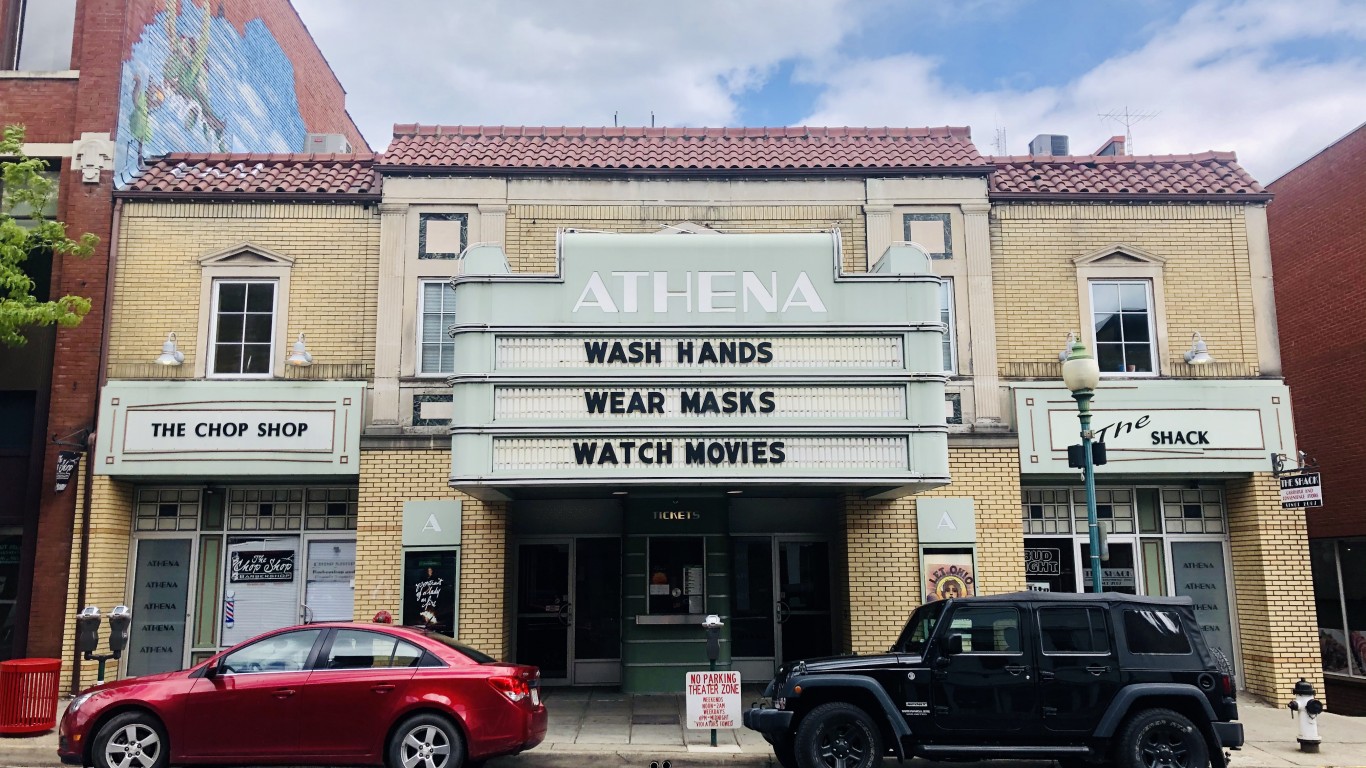
The idea that movies should suspend our disbelief and provide an escape from everyday life is a modern concept and wasn’t always the goal when going to the movies.
Since 1910, action movies have remained a mainstay of film, along with fantasy, comedy, and romance. Thriller movies have enjoyed an ever-growing popularity along with sci-fi, horror, and documentary films. Western movies died a violent death in the 1980s, along with war movies and musicals.
Since 1995, the box office has been dominated by adventure movies (with 25% of box office revenue), action movies (with 22%), and drama films (with 14%).
1940–1949
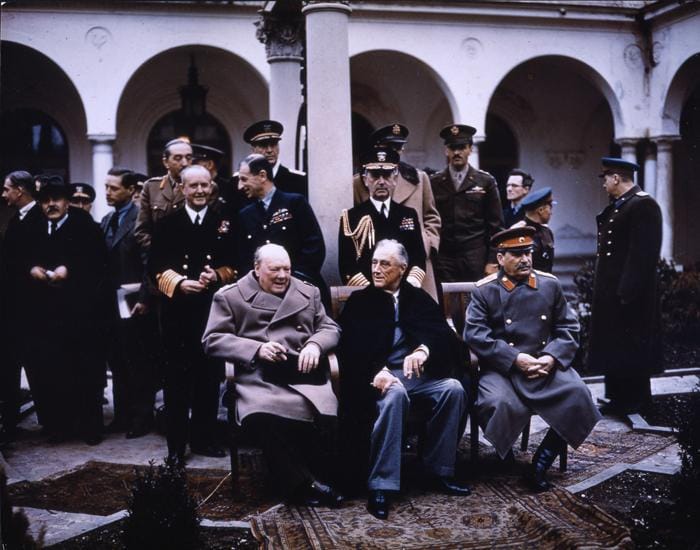
Most Popular genres:
- #1 Drama
- #2 Musical
- #3 Adventure/Epic
At the height of World War II and the beginning of the Cold War, dramas and musicals absolutely dominated the box office, leaving every other genre behind. This was the peak of the drama genre, and while it would hold this position for a while, it would never achieve this level of popularity again. It was during this time that American-centric propaganda found a strong foothold in our movies and wouldn’t leave again for several decades.
1950–1959
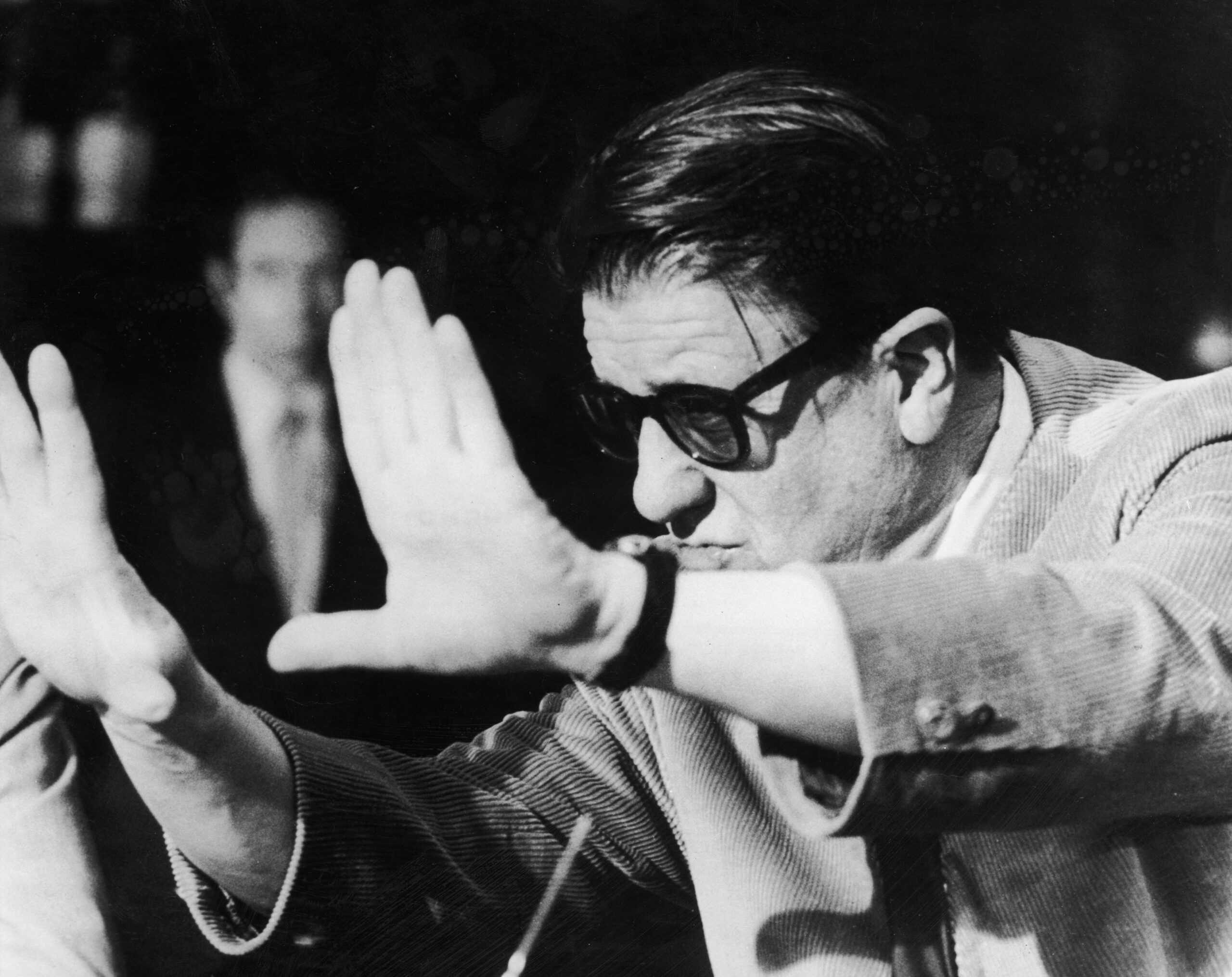
Most Popular genres:
- #1 Adventure/Epic
- #2 Drama
- #3 Musical
While dramas and musicals remained extremely popular, the adventure genre shot to the top during the golden age of movies, with most movies including religious themes and targeting families. Adventure movies would quickly fall off until coming back with massive success in the new millennium. Movies were still seen as equal to seeing a play or high-brow art performance during this time, and people expected to be moved by deep story and social commentary.
1960–1969
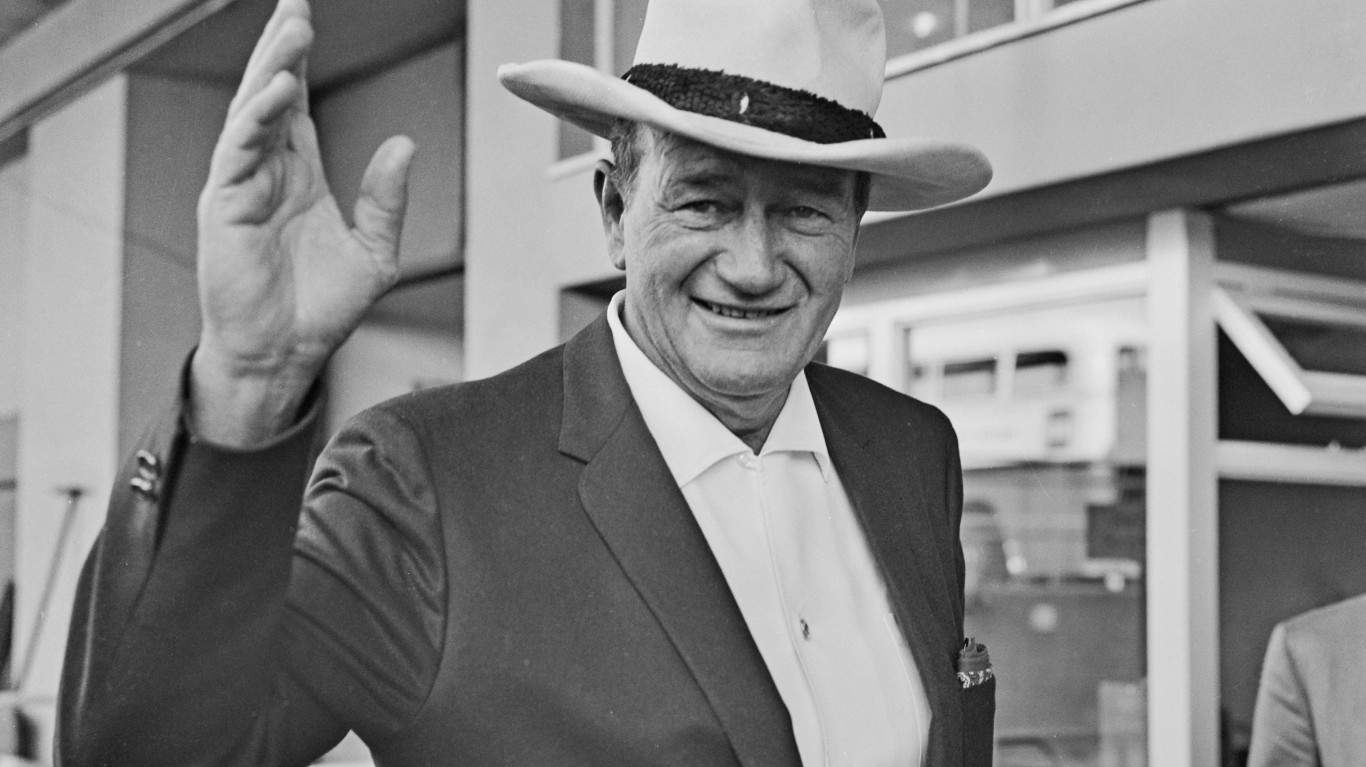
Most Popular genres:
- #1 Comedy
- #2 Adventure/Epic
- #3 Drama
The 1960s started the reign of comedy and when man people would begin going to the movies to escape the troubles of everyday life. As the counter-culture movement really took off and the United States reached a breaking point with unprecedented levels of violence, assassinations, and government oppression, we got new styles of movies that are now hallmarks of artistry: Psycho, Spartacus, Lawrence of Arabia, 2001: A Space Odyssey, Planet of the Apes, and more.
It was also during this time that the Hays Code (which was an industry standard for censorship) was abandoned, leading to more interesting, daring, offensive, and experimental films.
1970–1979

Most Popular genres:
- #1 Drama
- #2 Comedy
- #3 Action
The 1970s were a difficult time for Hollywood as moviegoers grew bored and disappointed by the traditional films that Hollywood had pumped out, leading to financial turmoil in the industry. The cultural revolution had nearly destroyed the movie business so new and younger directors entered the scene, producing riskier movies with coarser language, more disturbing and thought-provoking themes, and more uplifting sexuality.
This decade also saw the rise of Hong Kong martial arts films (with the introduction of Bruce Lee) and gritty crime dramas (with The Godfather).
Jaws, released in 1975, was the first movie to be given “blockbuster” status.
1980–1989
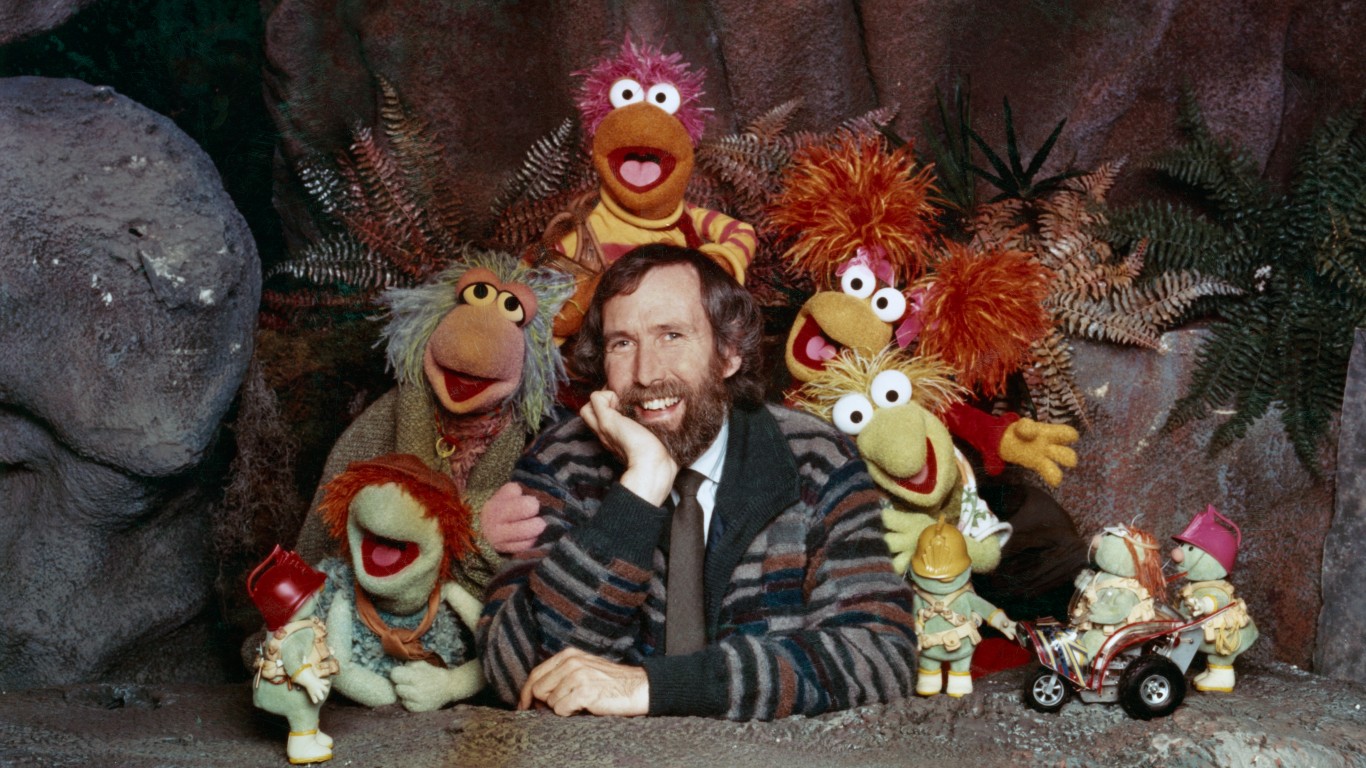
Most Popular genres:
- #1 Comedy
- #2 Drama
- #3 Sci-Fi/Action
The 1980s returned to the studio-driven model of filmmaking after the filmmaker-driven style of the 1970s, which has continued to today. It was during this time that movies were expected and made to be easily understood and easily marketable. This resulted in simplistic plots and dumbed-down storylines.
It was also during this time that sci-fi movies began to be made for younger audiences and appeared for the first time in the top three genres. We got classics such as Blade Runner (as a response to Reagan’s economic policies), and the final two movies in the original Star Wars trilogy.
The trend of pumping out sequels to popular movies also began during this decade.
1990–1999
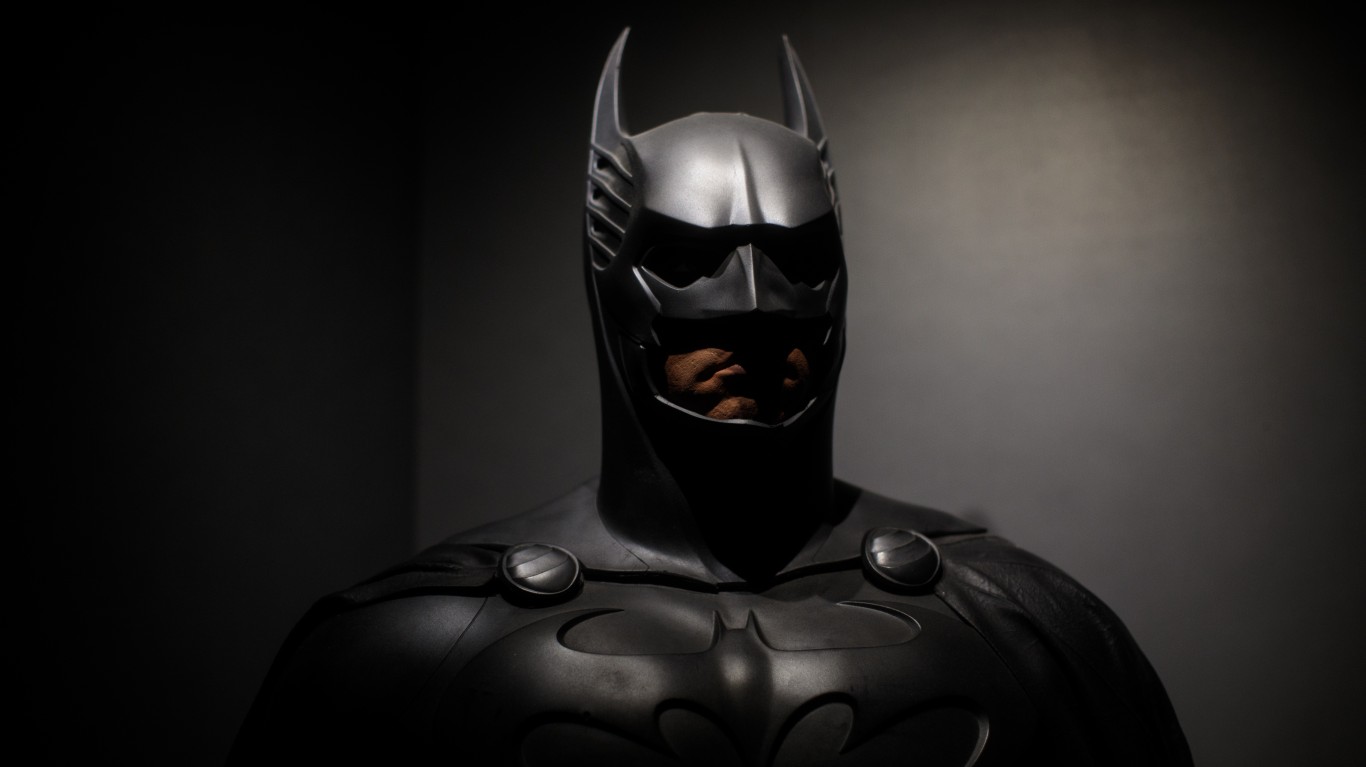
Most Popular genres:
- #1 Comedy
- #2 Action
- #3 Sci-Fi
During this time, studios began to film more movies with smaller living-room TV sets in mind and included more close-up shots and fewer wide shots in each movie. It was also during this time that the home video industry blew up, more than doubling the revenue generated from a movie’s release.
The introduction of realistic computer graphics led to more fantastic sci-fi and adventure movies, while animation studios experienced a major revitalization. Comedy maintained its place at the top of the charts as consumers sought more escapism.
2000–2009

Most Popular genres:
- #1 Animated
- #2 Adventure/Epic
- #3 Sci-Fi
Fantasy and adventure movies took off during this time with the success of The Lord of the Rings trilogy and the industry-shattering success of Harry Potter. It is hard to overestimate the impact these franchises had, and the publishing and movie world would never be the same post-Harry Potter.
It was during this time that the superhero genre finally took off and traditionally unpopular genres finally gained widespread Western appeal as audiences grew tired of the same old American movies. These included subtitled foreign films, feature-length documentaries, and experimental films.
The consolidation of film budgets on established franchises and guaranteed successes took on greater steam during this time, sowing the seeds for the creative desert that exists today.
2010–2019
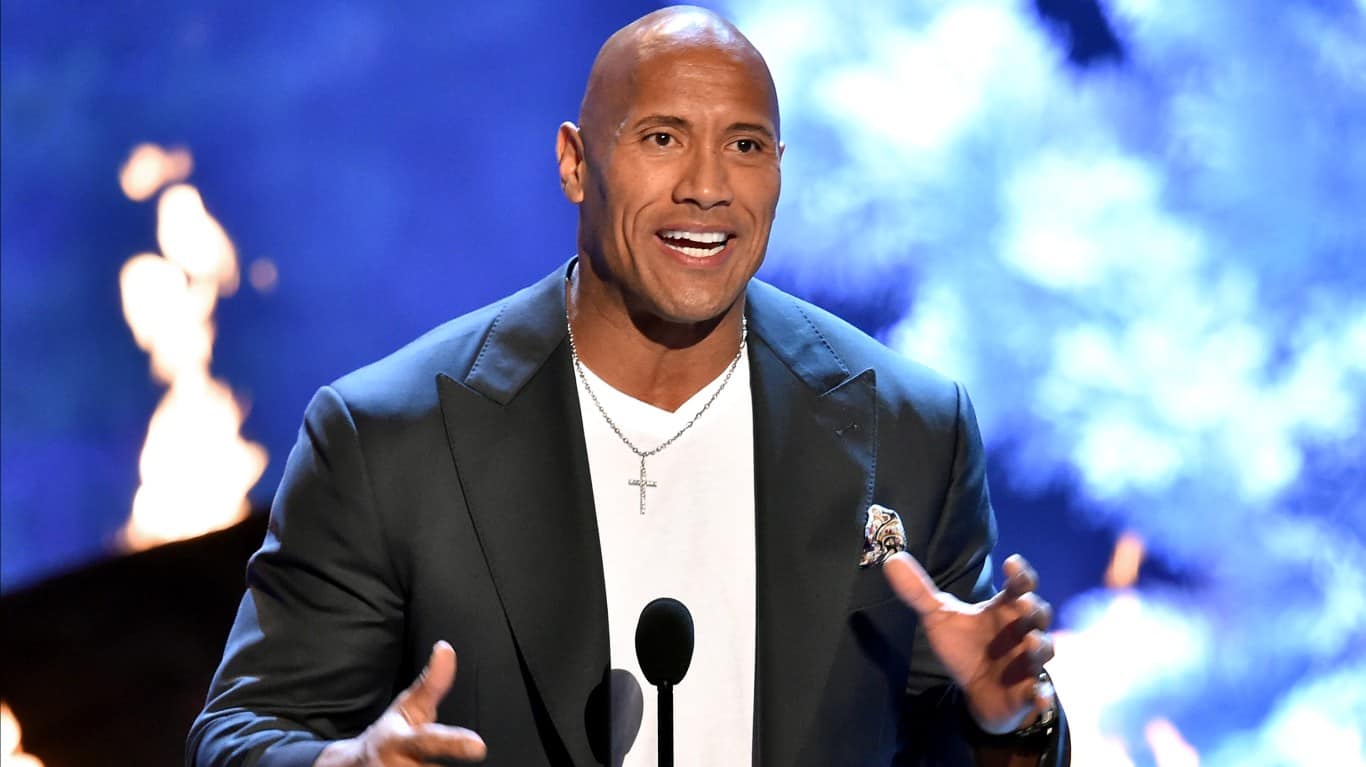
Most Popular genres:
- #1 Comic book/superhero
- #2 Animated
- #3 Sci-fi
Now we enter the empty-calorie decade of movies, in which movies are as simple and appealing to the eye as possible, with no complicated themes, no hard questions to answer, and no objectionable content. Movies that we are too happy to pay to see in order to keep up with our own culture but forget about quickly after.
This is the decade of peak escapism, in which people suffering under the burden of late-stage capitalism are looking for anything that will help them enjoy a few moments of their day before returning to their bleak lives under the boot of greedy executives and oppressive leaders.
The 2010s was the decade of Disney. During these last few years, Disney was responsible for more than half of the top 50 most successful movies in the world, with only one not earning at least $1 billion dollars. It also released the only three movies to reach $2 billion and Disney was the top-grossing studio every year except two. During this time, Disney bought Marvel Studios and 21st Century Fox and began the now-familiar practice of remaking live-action versions of past movies and mining each of its franchises for all their worth, releasing movies, television shows, and more on an annual basis.
The standard set by the Marvel Cinematic Universe set the tone and pace for other studios that they all attempted to meet without success. The advent of streaming services destroyed the revenue generated by home video sales, leading to even less creativity and risk-taking in film production.
100 Million Americans Are Missing This Crucial Retirement Tool
The thought of burdening your family with a financial disaster is most Americans’ nightmare. However, recent studies show that over 100 million Americans still don’t have proper life insurance in the event they pass away.
Life insurance can bring peace of mind – ensuring your loved ones are safeguarded against unforeseen expenses and debts. With premiums often lower than expected and a variety of plans tailored to different life stages and health conditions, securing a policy is more accessible than ever.
A quick, no-obligation quote can provide valuable insight into what’s available and what might best suit your family’s needs. Life insurance is a simple step you can take today to help secure peace of mind for your loved ones tomorrow.
Click here to learn how to get a quote in just a few minutes.
Thank you for reading! Have some feedback for us?
Contact the 24/7 Wall St. editorial team.




